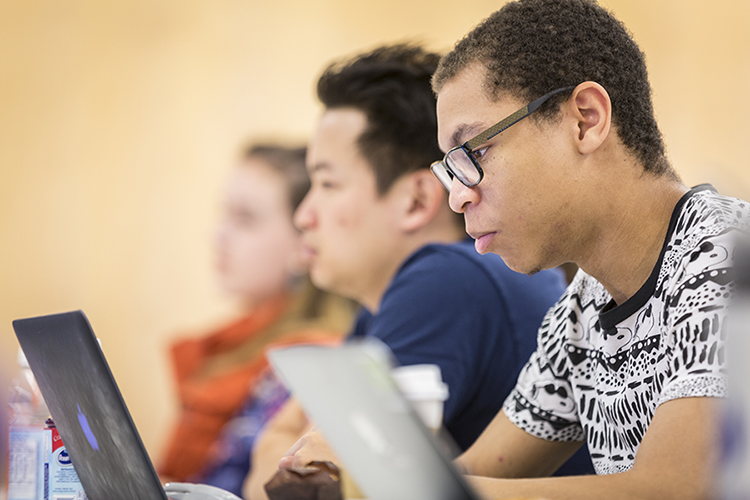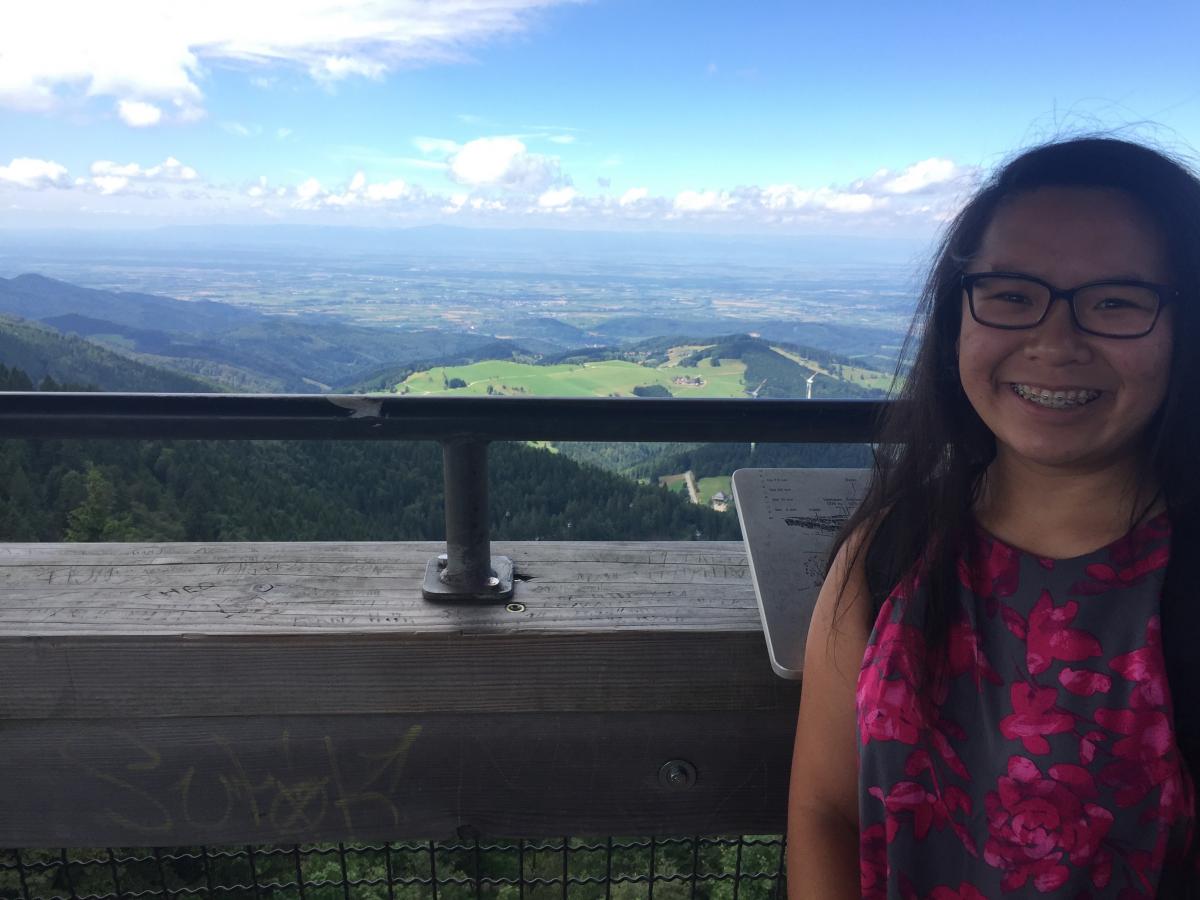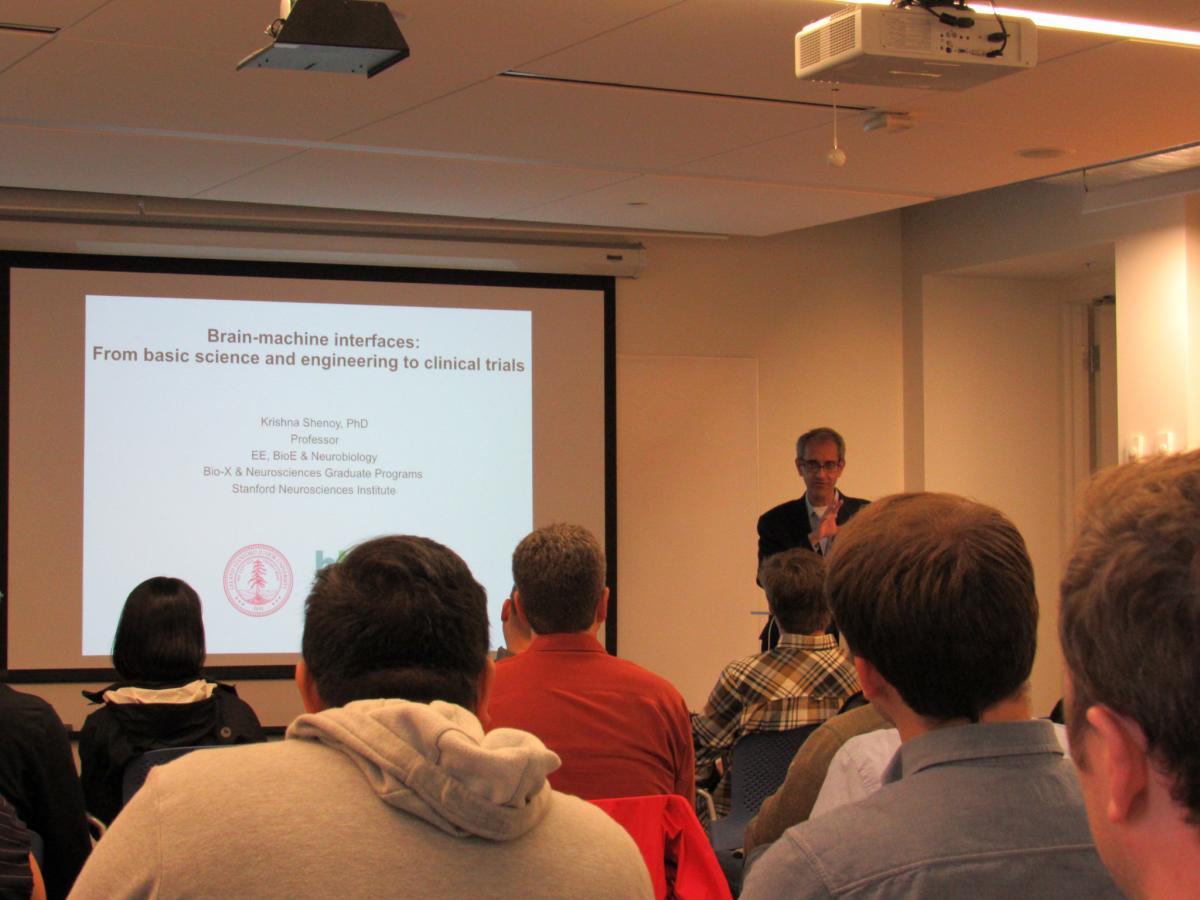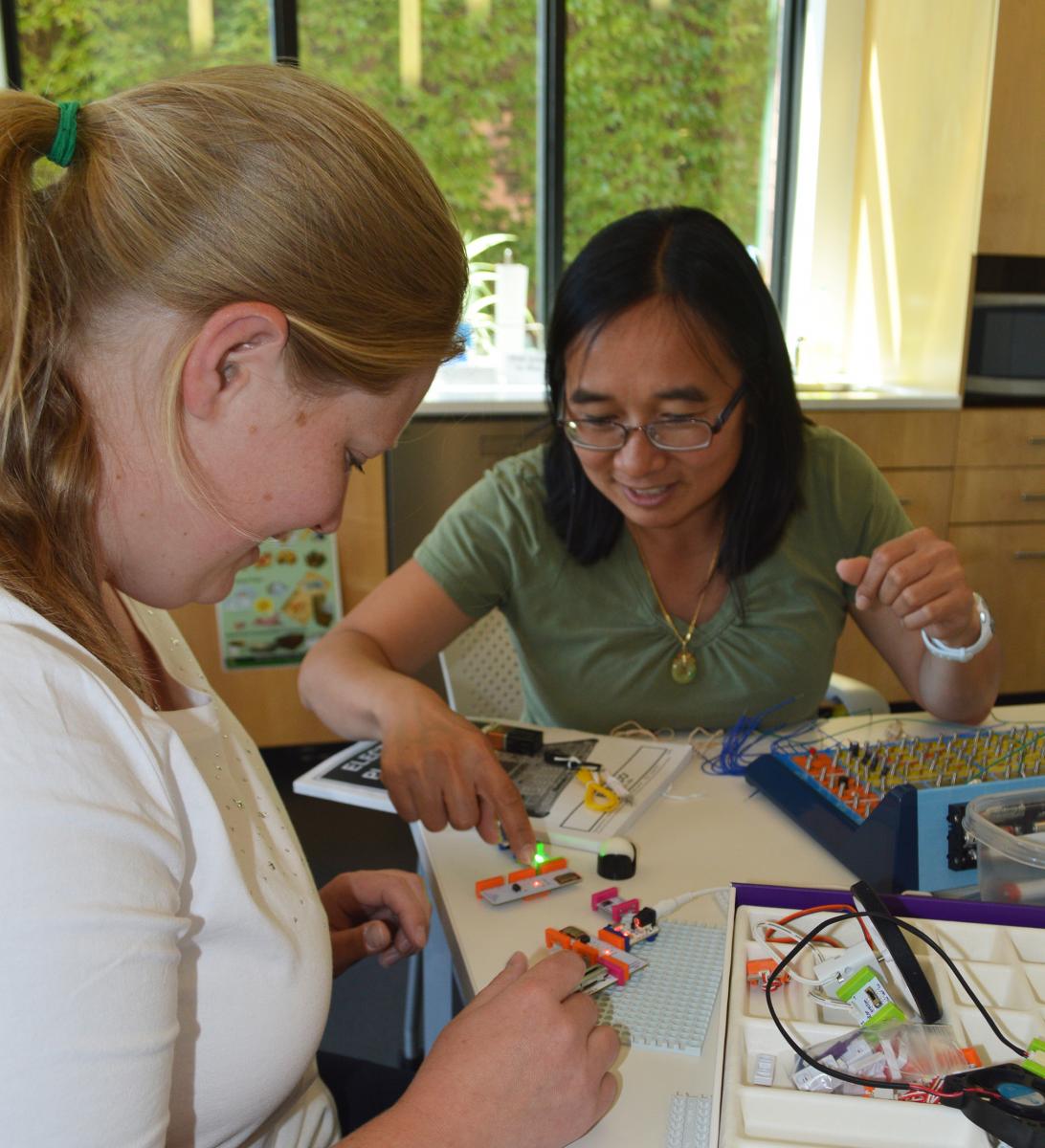 Originally launched in Nov. 2015, the Amazon Catalyst Program at the University of Washington (UW) is an initiative that provides financial support, mentorship, and resources for applicant’s innovative projects that address today’s most challenging problems. The project lead must be a current UW student, faculty or staff member, but individuals from any institution can apply as a team member.
Originally launched in Nov. 2015, the Amazon Catalyst Program at the University of Washington (UW) is an initiative that provides financial support, mentorship, and resources for applicant’s innovative projects that address today’s most challenging problems. The project lead must be a current UW student, faculty or staff member, but individuals from any institution can apply as a team member.
Applicants are encouraged to submit an applied solution that clearly identifies a target population, which will demonstrate the impact of the project they have in mind.

 With a large suitcase sitting in the trunk, a backpack full of snacks and entertainment for a 10-hour flight, and a van full of my loved ones, I headed toward the airport to embark on a 10 week exchange program, supported by a partnership between the Center for Sensorimotor Neural Engineering (CSNE) and
With a large suitcase sitting in the trunk, a backpack full of snacks and entertainment for a 10-hour flight, and a van full of my loved ones, I headed toward the airport to embark on a 10 week exchange program, supported by a partnership between the Center for Sensorimotor Neural Engineering (CSNE) and  This month, the Center for Sensorimotor Neural Engineering (CSNE) hosted not one, but two
This month, the Center for Sensorimotor Neural Engineering (CSNE) hosted not one, but two  Middle and high school teachers, Hannah Earhart, Phelana Pang, and Alexandra Pike, all took part in the Center for Sensorimotor Neural Engineering’s (CSNE’s)
Middle and high school teachers, Hannah Earhart, Phelana Pang, and Alexandra Pike, all took part in the Center for Sensorimotor Neural Engineering’s (CSNE’s)